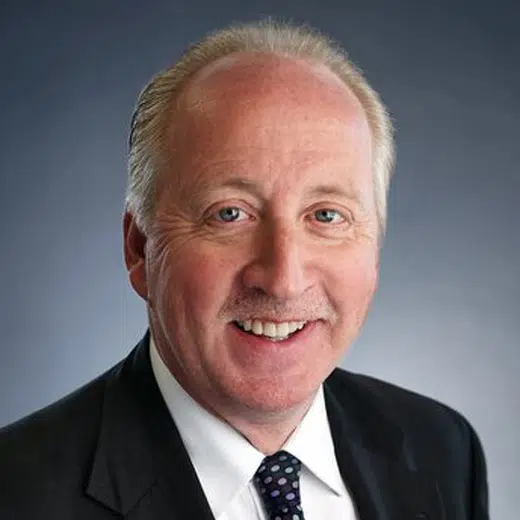ABUJA (Reuters) – Nigeria’s president has approved the release of 6.45 billion naira ($16.94 million) to set up oxygen production plants in 38 sites to help treat COVID-19 patients as authorities contend with a sharp rise in cases, the government said on Thursday.
Africa’s most-populous country, where officials recorded low coronavirus numbers through much of last year, is in the grip of a second wave of infections.
The presidency said the release of funds to address the provision of oxygen was announced at a meeting of the National Economic Council (NEC) advisory body.
“President Muhammadu Buhari has approved 6.45 billion naira for the setting up of gas plants in 38 locations nationwide in a bid to enhance the treatment of Covid-19 patients who need oxygen,” said a statement issued by the vice president’s office.
The release of funds for the production of oxygen was “necessitated by the increased number of patients who need oxygen due to the surge in Covid-19 infections in the country”, the statement said.
It said a further 255 million naira ($670,000) had been approved for repairs of oxygen plants in five hospitals.
Earlier this week, the state government in Lagos, the epicentre of Nigeria’s outbreak, said demand for oxygen at one of its main hospitals had increased fivefold in recent weeks to 350 6-litre cylinders a day. It said that was expected to more than double to 750 by the end of January.
Nigeria has recorded 114,691 COVID-19 cases and 1,478 deaths, as of Thursday.
While wealthier countries have begun mass vaccination campaigns, African countries are scrambling to secure supplies.
Nigeria’s state governors issued a statement on Thursday in which they said the country’s first vaccine doses were expected to arrive by the end of February.
Authorities previously said the first doses, under the COVAX programme backed by the World Health Organization to secure fair access to COVID-19 vaccines for poor countries, were expected by the end of January.
($1 = 380.7000 naira)
(Reporting by Felix Onuah in Abuja; Additional reporting by Alexis Akwagyiram in Lagos; Writing by Alexis Akwagyiram; Editing by Peter Cooney)




